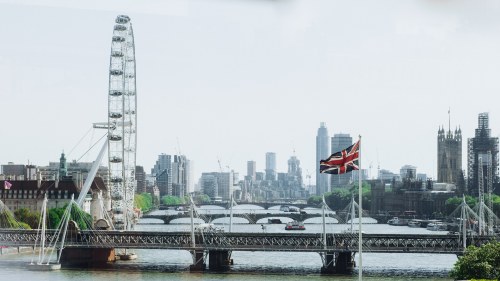Brexit, Global Cities, and the Future of World Order

In an article published in the journal Globalizations, senior fellow Noah Toly explores the relationship between London and the UK's decision to leave the EU.
In an article published in the journal Globalizations, senior fellow on global cities Noah Toly explores the relationship between London and the United Kingdom’s decision to leave the European Union. Toly characterizes the Brexit vote as linked to larger dynamics of income inequality, political disenfranchisement, and social exclusion, which threaten to destabilize a liberal world order premised on integration and openness. He observes that global cities—like London, which voted 60/40 in favor of remaining in the EU—are both the unique product of a globalized economy and actors uniquely positioned to save that economy from itself.
Toly charts a course whereby global cities have the opportunity and obligation to champion more equitable patterns of resource distribution and growth, both within their boundaries and in the larger geographies that surround them. Global cities did not emerge without a concerted leadership effort, and they will not stem the tide of inequality and exclusion that threatens the economic model on which they are premised without similarly concerted leadership. Put simply, the future of world order may well be in the hands of global cities.

